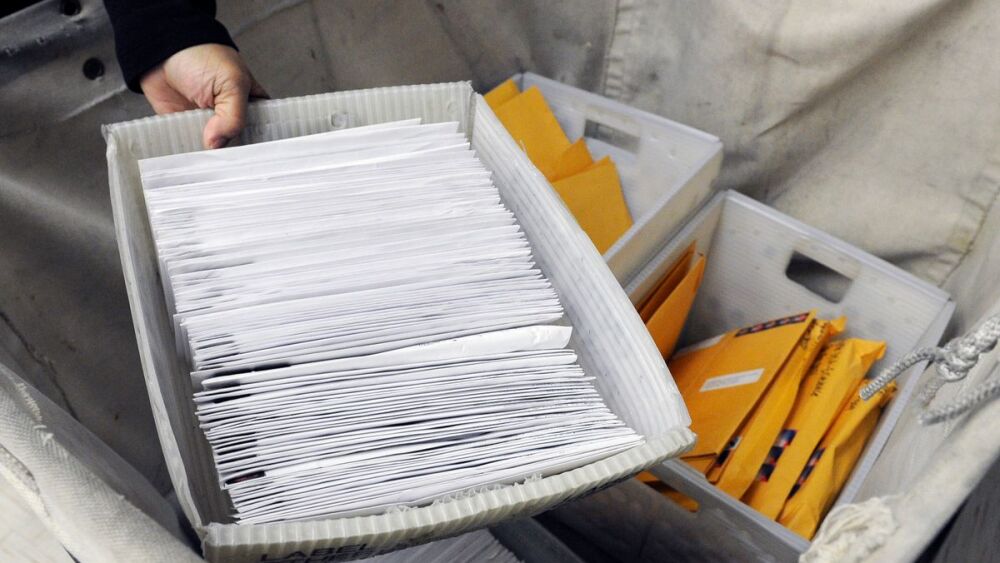By Adam Ferrise
Cleveland.com
CLEVELAND — A nonprofit law firm has sued the Ohio prison system over a policy that directs corrections officials to read and scan inmates’ mail, including letters of private correspondence with attorneys.
The Ohio Justice and Policy Institute says that the Ohio Department of Rehabilitation and Correction‘s move “gravely threatened” inmates’ civil rights and tramples on attorney-client privileged communications.
It calls for corrections officials to read and scan mail before sending letters to inmates to curb drug smuggling via drug-soaked papers.
“Free, open and honest communication between attorney and client is a bedrock of our legal system,” attorneys wrote in the filing.
“Without the ability to communicate privately with an attorney, incarcerated people cannot vindicate their legal rights more generally because they will understandably fear that their desire to challenge actions by prison officials will become known and lead to retaliation and interference with their rights.”
The lawsuit was filed in federal court in Cincinnati and seeks a judge’s temporary and permanent order to stop the policy, enacted in December 2024, at four Ohio prisons — the Southern Ohio Correctional Facility in Lucasville, the Marion Correctional Institution, the Lebanon Correctional Institution and the Ross Correctional Institution.
Cleveland.com and The Plain Dealer reached out to prison officials for comment.
The Ohio Justice and Policy Institute says in the lawsuit that the issue has caused it to be unable to communicate with current and future clients.
The organization often gets mail from inmates that contains specific allegations of sexual abuse or misconduct by corrections officers, according to the lawsuit. That could lead to retaliation and further abuse if corrections officers read the letters, the lawsuit says.
The attorneys also argued that the prison system has several other effective ways to curb drug-smuggling through letters, including drug-sniffing dogs. The lawsuit says that officials found drugs in mail that appeared to be from attorneys only six times in 2024 and once so far in 2025.
The policy “goes significantly further than what is required to prevent the conveyance of contraband through legal mail and disregards reasonably available alternatives that have deterred misuse of the legal mail system,” the lawsuit says.
©2025 Advance Local Media LLC.
Visit cleveland.com.
Distributed by Tribune Content Agency, LLC.





